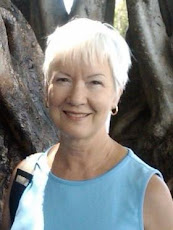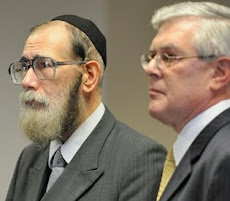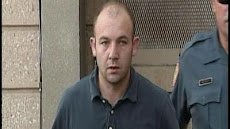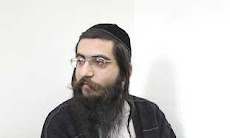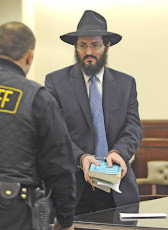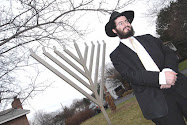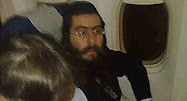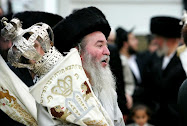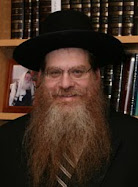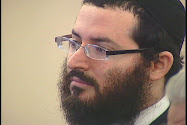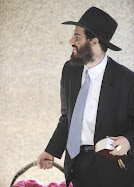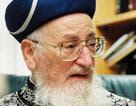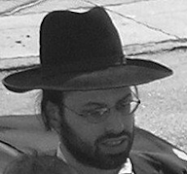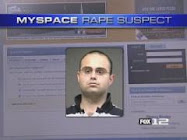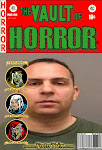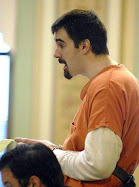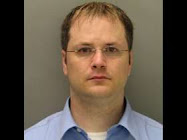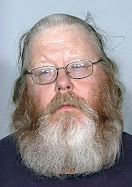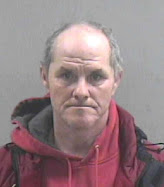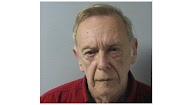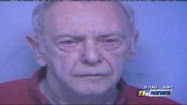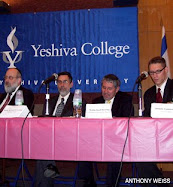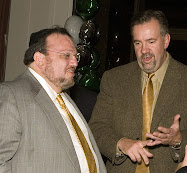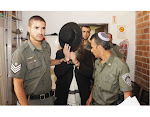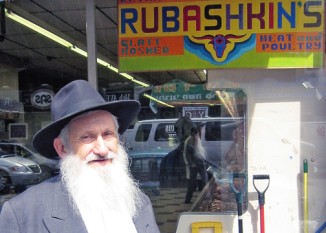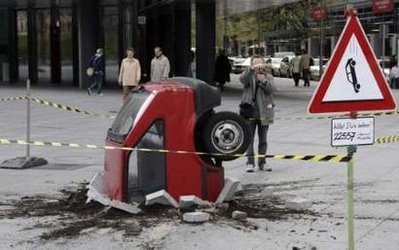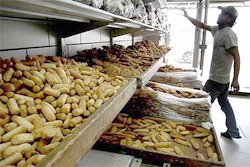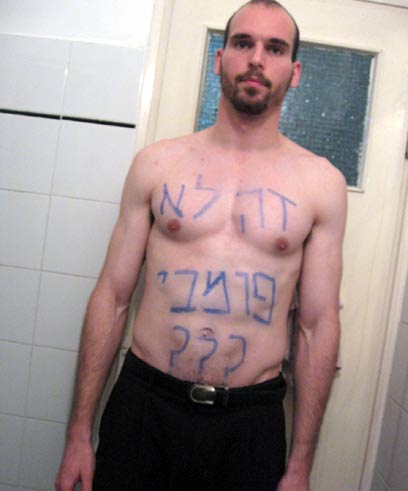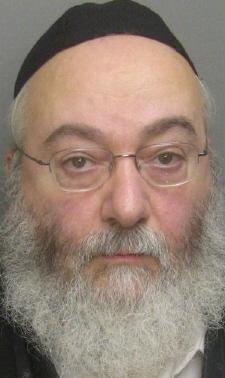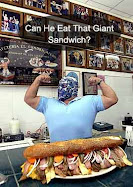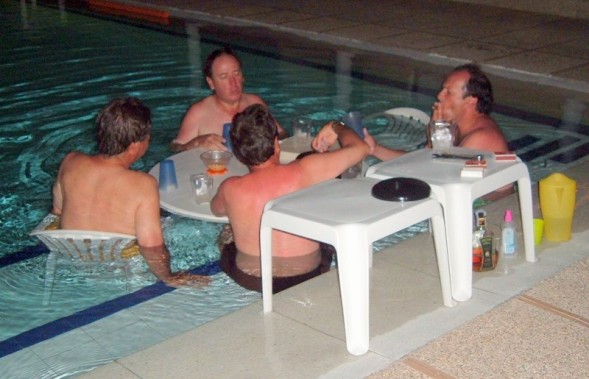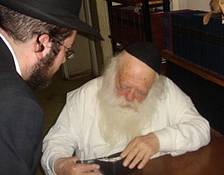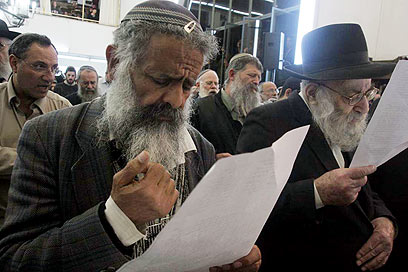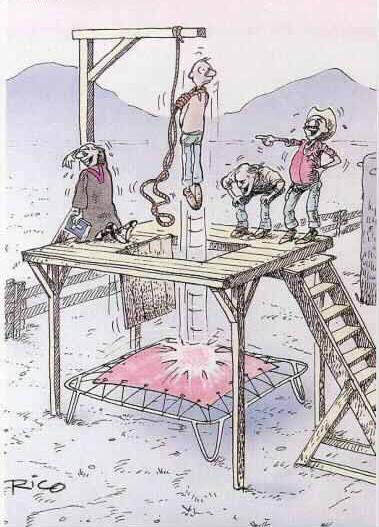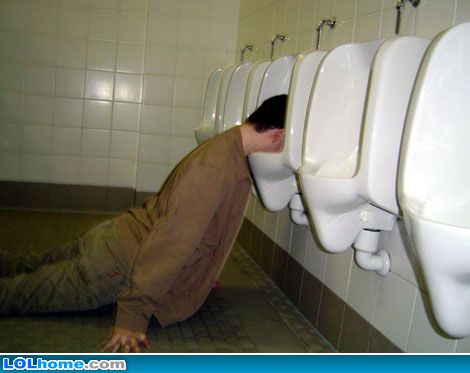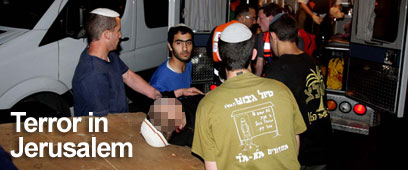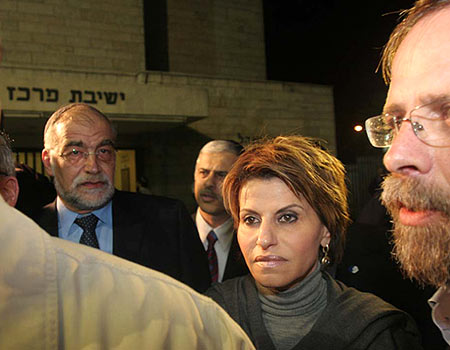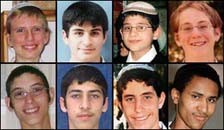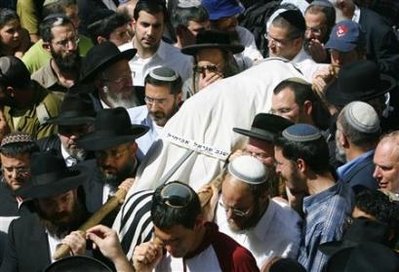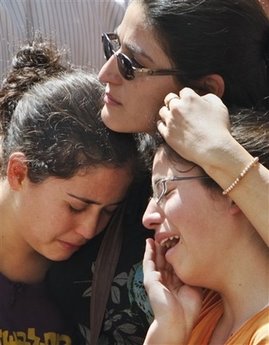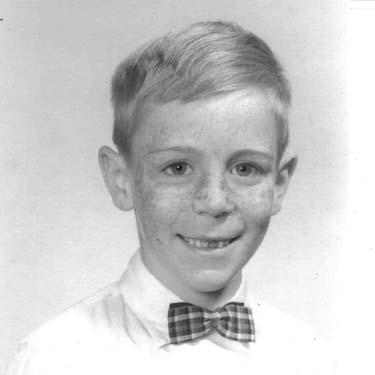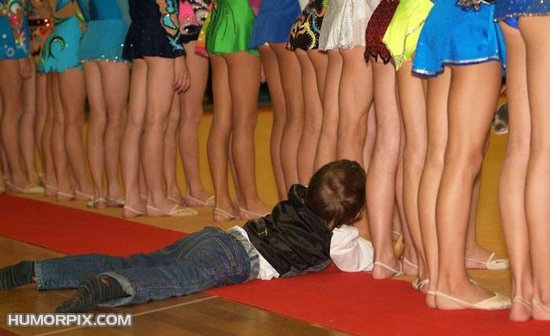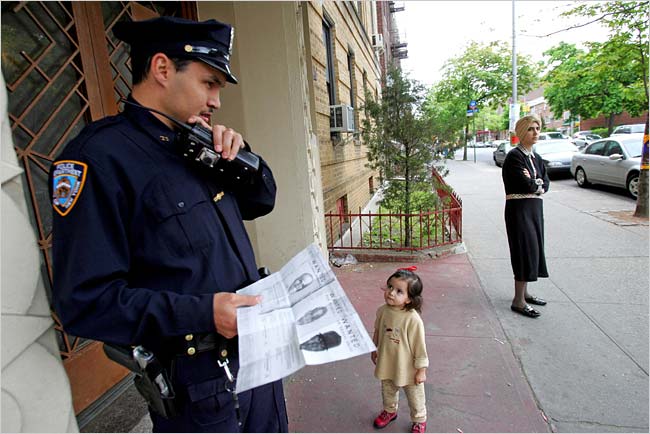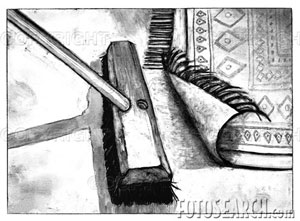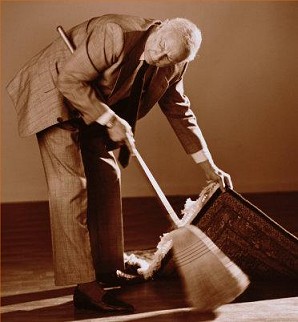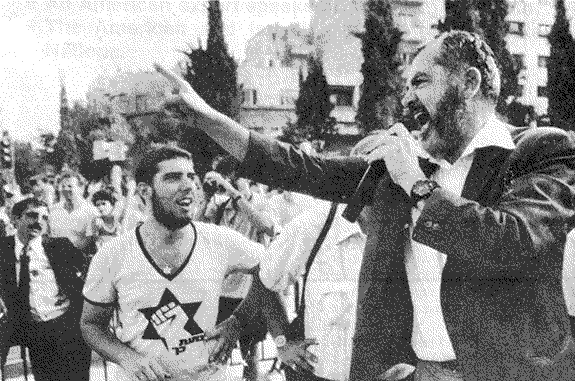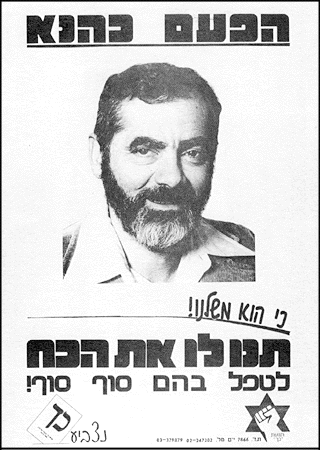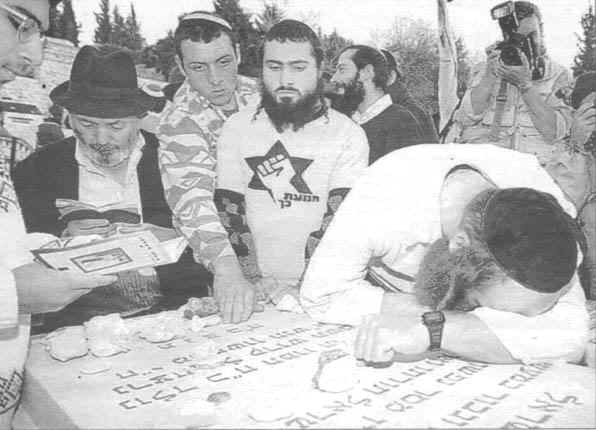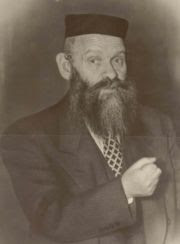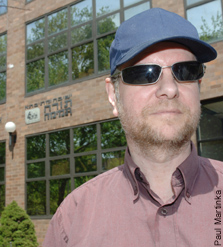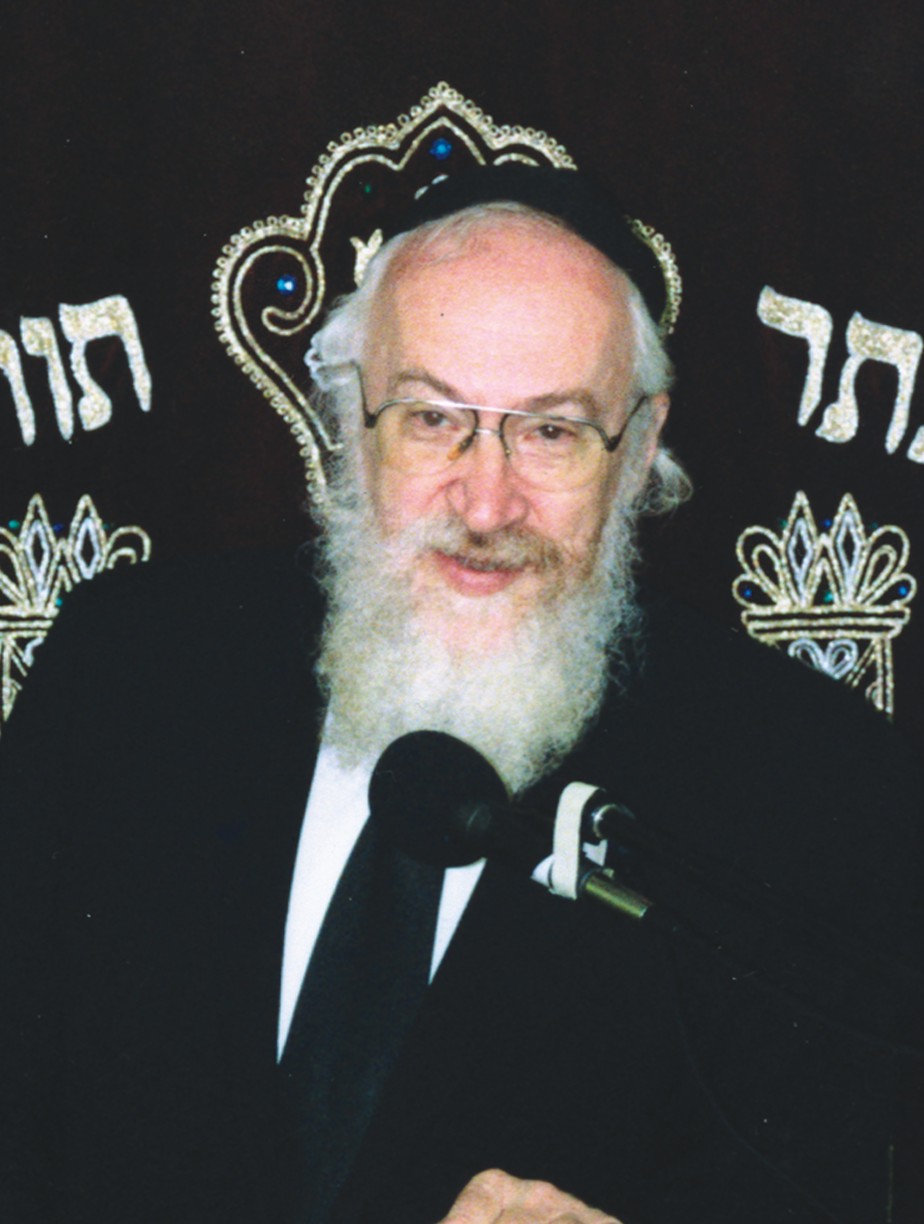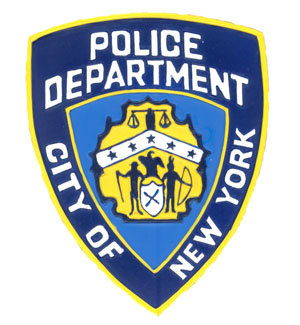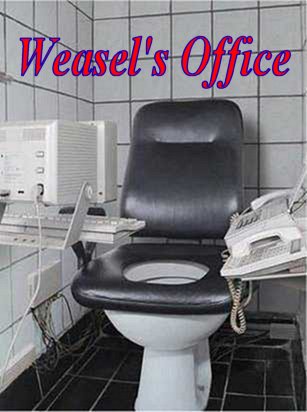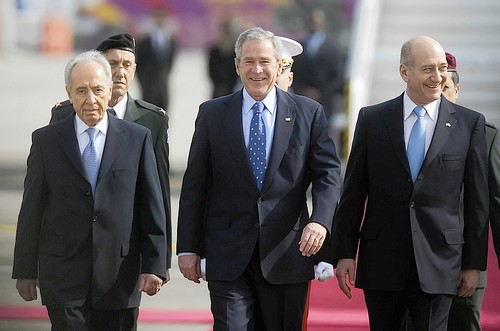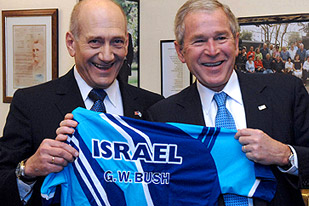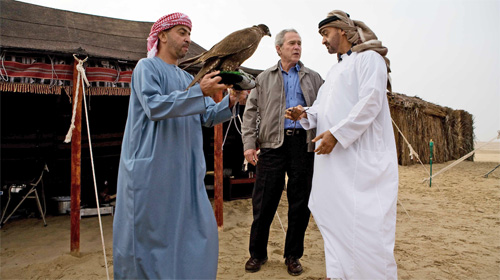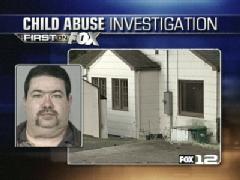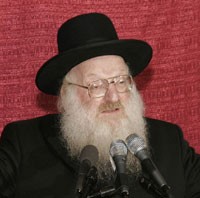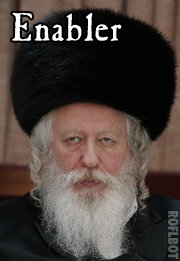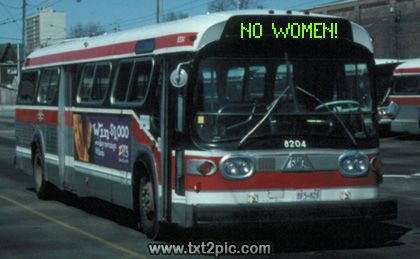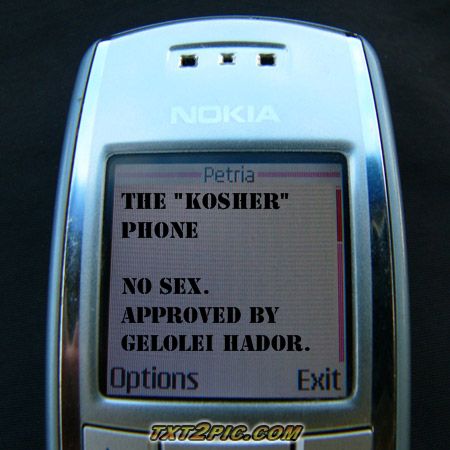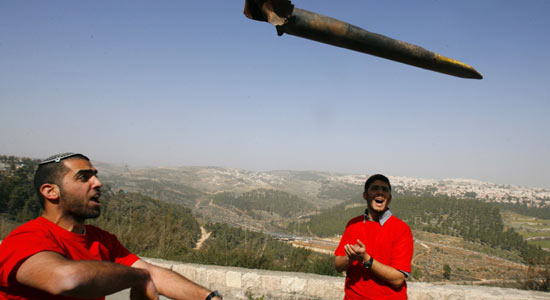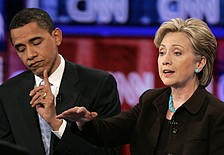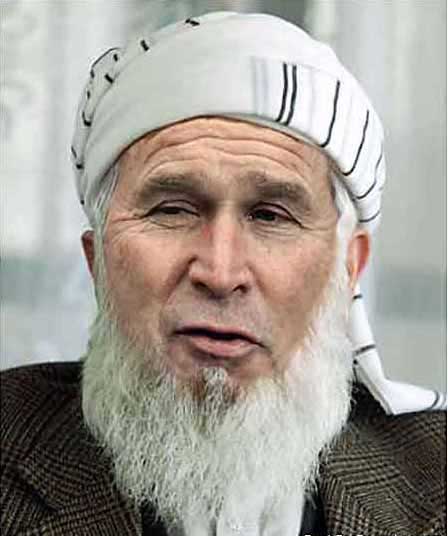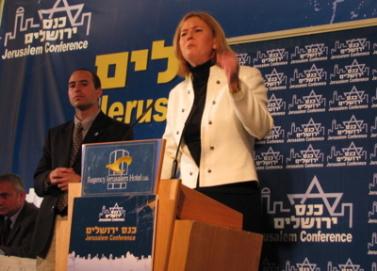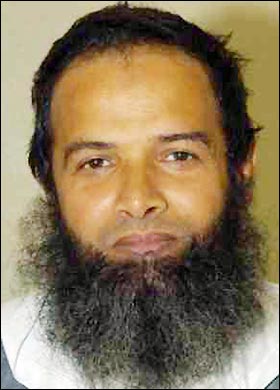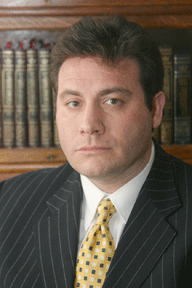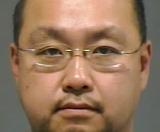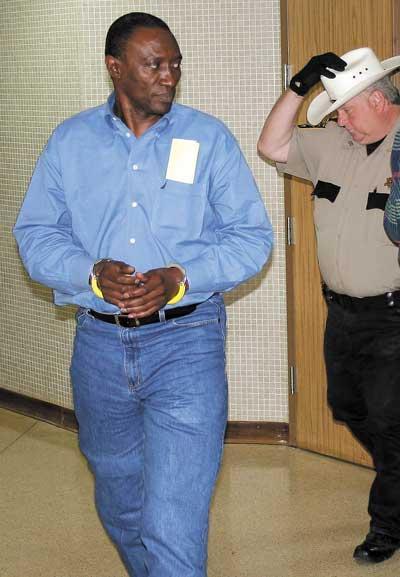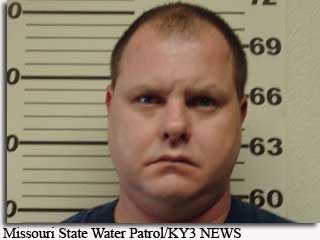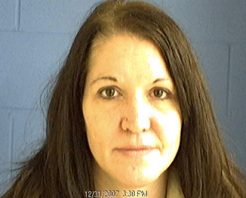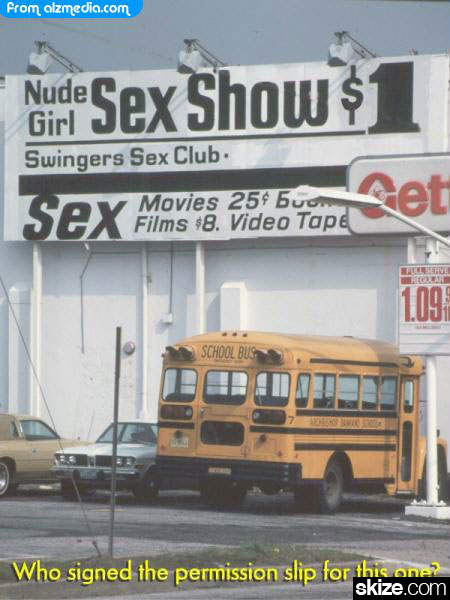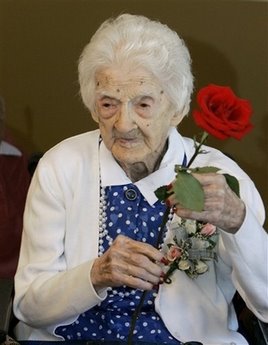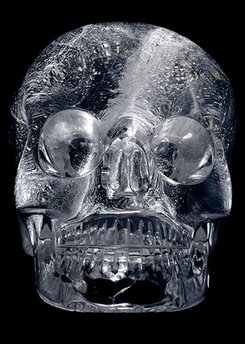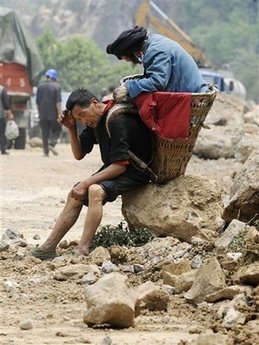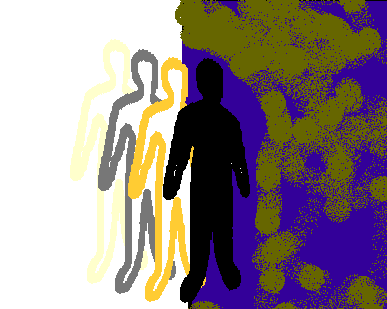




 "Look at that Jew. And he's a rabbi too." Jew hater pointing the finger at who else but at the Jews, after news broke of another scandal involving God's chosen people.
"Look at that Jew. And he's a rabbi too." Jew hater pointing the finger at who else but at the Jews, after news broke of another scandal involving God's chosen people.
The Rabbinate still has its fair share of kiddie sex scandals they still haven't managed or desired to fix. Add to that this massive money laundering scheme and it spells T-R-O-U-B-L-E. Why would an 'at-risk' kid or a Jew on the fringes of holding on want to stay religious? If the leaders don't lead by example, how do they expect to produce honest and decent hard working folks that will follow in their footsteps?
===============================================================
http://news.bbc.co.uk/2/hi/americas/8165607.stm
More than 40 people, including politicians, officials and several rabbis have been arrested in a major FBI operation in the
Three hundred agents raided dozens of locations in
Three mayors from the state of
One man is accused of kidney trafficking involving Israeli donors.
Prosecutors say the arrests were part of a "dual-tracked" investigation.
Acting US Attorney Ralph Marra told reporters there were 29 suspects on what he termed the "public corruption" side of the investigation, including the politicians.
On the other side, he said, there were 15 suspects in connection with alleged international money-laundering, including the rabbis and their "associates".
Prosecutors accuse one man of dealing in human kidneys from Israeli donors for transplant for a decade.
It is alleged that "vulnerable people" would give up a kidney for $10,000 (£6,000) and these would then be sold on for $160,000 (£97,000).
Informant
Officials say investigations originally focused on a network they allege laundered tens of millions of dollars through charities controlled by rabbis in
ARRESTED
· Hoboken Mayor Peter Cammarano
· Secaucus Mayor Dennis Elwell
· Jersey City Deputy Mayor Leona Beldini
· Ridgefield Mayor Anthony Suarez
· State legislator Harvey Smith
· State legislator Daniel Van Pelt
· Rabbi Eliahu Ben Haim, Deal, NJ
· Rabbi Saul Kassin,
· Rabbi Edmund Nahum, Deal, NJ
· Rabbi Mordechai Fish,
Investigators used an informant to approach a group of rabbis from the Syrian Jewish community in
The rabbis cashed cheques he made out to charities they oversaw and paid the money back to him, minus a cut, investigators say.
The probe then widened to include alleged official corruption with links to a
The informant was introduced to a series of politicians and powerful local officials. Posing as a developer, he offered bribes in return for favourable treatment.
State legislators Harvey Smith and Daniel Van Pelt were arrested, as well as the mayors of some of the state's major cities and boroughs.
A number of city building, planning and fire inspectors were also held.
Mr Marra said: "It seemed that everyone wanted a piece of the action. The corruption was widespread and pervasive. Corruption was a way of life for the accused."
He said politicians had "willingly put themselves up for sale" and clergymen had "cloaked their extensive criminal activity behind a facade of rectitude".
'Misunderstanding'
The BBC's Jane O'Brien says the money laundering ring reportedly spanned the
Jon Corzine, the Governor of New Jersey, said: "The scale of corruption we're seeing as this unfolds is simply outrageous and cannot be tolerated."
Ed Kahrer, an FBI agent who has worked on the investigation from the start, said: "
"It has become ingrained in
Another FBI agent said: "The list of people we arrested sounds like it should be the roster for a meeting of community leaders, but sadly they weren't meeting in a boardroom this morning, they were in the FBI booking room."
Most of those arrested have been released on bail.
Hoboken Mayor Peter Cammarano was accused of taking a bribe. His lawyer said he intended to fight the charge "with all his strength until he proves his innocence".
A lawyer for 87-year-old Rabbi Saul Kassin of
Correspondents say the number of people arrested is large even by
============================================================
http://www.findingdulcinea.com/news/health/2009/july/Rabbi-Arrested-for-Selling-Kidneys.html
Rabbi Arrested for Selling Kidneys; Should It Be Legal?
The arrest in the
Kidney-Selling Rabbi Arrested by FBI
Brooklyn Rabbi Levy Izhak Rosenbaum was arrested by FBI agents on July 23 for allegedly serving as a broker in the sale of kidneys. According to the charges against him, Rosenbaum would bring donors from
“If true,” The Associated Press reported, “it would be the first documented case of organ trafficking in the
The buying and selling of organs in the
In the
The kidney black market is made possible by a shortage of kidneys in the
Congress is also opposed to it, but Sen. Arlen Specter, D-Pa., is circulating a bill, the Organ Trafficking Prohibition Act of 2009, that would allow states to compensate donors through programs that do not involve cash payments. For example, a donor could have their funeral expenses paid.
Background: Kidney shortage in the U.S.
There are more than 80,000 people in the
Last year, 16,517 people received kidney transplants, while 4,530 people died, though 1,600 of them were too sick to receive a possible transplant.
Opinion & Analysis: Legalizing the sale of organs
Sources in this Story
- The New York Times (AP): Brooklyn Man Accused of Buying and Selling Kidneys
- United Network for Organ Sharing: National Organ Transplant Act (PDF)
- Time: How Does Kidney-Trafficking Work?
- Polycystic Kidney Disease Foundation: Trafficking Prohibition Act: Summary
- Organ Procurement and Transplantation Network: Data
- UC Berkeley: Organs Watch
- The Wall Street Journal: About That New Jersey Organ Scandal
- HOD Society (Kidney International): Payment for donor kidneys: Pros and cons (PDF)
- Harvard University Gazette: Ethicists, philosophers discuss selling of human organs
- The Atlantic: … With Functioning Kidneys for All
“When I needed a kidney several years ago and had no donor in sight, I would have considered doing business with someone like Mr. Rosenbaum,” she writes.
Advocates of legal organ selling say that a financial incentive would increase the number of organ donations by healthy individuals or the families of the deceased. Writing in a 2005 edition of Kidney International, Drs. Eli and Amy Friedman say that as many as 100,000 people could be saved annually by introducing a regulated kidney market.
“Introducing appropriate legalization to regulate and manage kidney sales through a national regulatory body would be a ‘natural’ extension of the present end stage renal disease network collaborating with United Network for Organ Sharing and the OPTN,” they write. “Eliminating black market brokers would divert funds to kidney sellers. Money saved by decreasing the number of dialysis patients might fund additional kidney transplants.”
However, many object to an organ market because it would exploit the poor. “Even in a regulated, government-run version of transplant tourism, ‘unethical realities’ lead to exploitation of the poor and the vulnerable,” argued
Virginia Postrel, who donated her kidney to Dr. Satel, wrote in The Atlantic, “A well-designed system could address the concerns about donor welfare by including educational programs, waiting periods, and follow-up care for donors, and possibly by allocating the payments over time rather than offering immediate cash.”
Harvard ethicist Nir Eyal said at the sympsosium that selling an organ has a stigmatizing effect and causes “dignitary harm” to the donor and the impoversihed communities from which the majority of donors would come. He suggests that a form of compensation more subtle than cash payments or “gifts,” such as paired exchanges or benefits like health insurance and funeral costs, would lessen the stigma.
==============================================================
New York Daily News
http://www.nydailynews.com/news/ny_crime/2009/07/26/2009-07-26_rogue_kidney_brokers_resell_organs_fetched_from_poorest_nations_on_black_market.html
Rogue kidney brokers resell organs from poorest nations on black market
The international black market for kidneys — preying on the desperate and run by a shadowy network of greedy organ brokers — is flourishing, a Daily News probe found.
The arrest of a Brooklyn man Thursday on organ trafficking charges sheds a new spotlight on an underground business where wretchedly poor foreigners — particularly in India — are paid $2,000 to $10,000 for kidneys.
Those kidneys are ultimately sold for as much as $180,000 to transplant recipients who otherwise could die.
More than 80,000 Americans were waiting for kidney transplants as of last week, the United Network for Organ Sharing said.
The wait for a suitable legitimate donor is as long as three years, which drives many to the underground market, experts said.
Lungs for transplant are also available on the black market, but the vast majority of the organs in play are kidneys, they said.
The majority of the black market kidneys are transplanted in hospitals and clinics overseas, but some have been done in New York, apparently without the knowledge of hospital officials, medical ethicists and the leading expert in the black market say.
“In India, China, Africa and Latin America the poor are selling their kidneys to wealthy buyers through an underground set of networks,” said Dr. Steven Post, professor of Bioethics at Stony Brook University.
Transplant recipients generally travel to those countries for their operations, he said.
“The donors make enough money to buy a house or put their kids through college and the doctors do the transplants overseas, in
A previous News investigation into organ trafficking disclosed that one link in the underground network was smuggling live donors into the United States from Moldovia, one of the poorest countries in the former Soviet Union.
The donors entered the
The man arrested Thursday — part of a massive FBI probe of money laundering and bribery that brought down 44 people, including prominent New Jersey politicians — is also accused of arranging for organ transplants inside the United States.
“The price with what we are asking here is $150,000,” Levy Izhak Rosenbaum told an undercover federal agent, prosecutors said in a criminal complaint.
Rosenbaum was referring to the base price for a black market kidney for the agent’s fictitious uncle.
Rosenbaum told the undercover agent he has been an organ broker for 10 years and that his latest deal with a successful transplant in the
The cost, later upped to $160,000, would cover finding a suitable kidney donor in Israel, including blood samples to insure a match, payment to the donor, and travel expenses to get the donor to the
A down payment was made, but there were no discussions as to the hospital where the transplant would take place, and Rosenbaum was arrested before things went further.
Rosenbaum was a middleman in a “kidney mafia” that includes doctors in Israel, a worldwide network of organ hunters, and brokers who match patients and donors with doctors who do the transplants, said Nancy Schepper-Hughes, founder of Organ Watch, which investigates trafficking.
She said the network is headed by criminal businessmen — “think of them as the Madoffs of kidney scams” — who use money raised through bogus charities to pay doctors to perform the transplants.
Rosenbaum worked through doctors at a major medical center outside Tel Aviv, whose patients were given a choice of where to have the operation, said Schepper-Hughes, who said she has been investigating his operation for 10 years.
She said illicit transplants are relatively rare in the
One Israeli who received a kidney transplant through Rosenbaum described the rabbi to Schepper-Hughes as “very Orthodox but jolly and very off-color. He loved to tell dirty jokes.”
She said the patient told her Rosenbaum was unable to arrange a transplant for him at a New York Hospital but set one up at a Philadelphia hospital.
Schepper-Hughes described the underground organ network as a pyramid with at least three countries involved in every transaction.
“The illegal enterprise is centered in
For example, last year, in Gurgaon,
Impoverished donors were recruited for as little as $1,000 for a kidney, said Mohinder Lal, a Gurgaon cop investigating the racket.
Typically, brokers like Rosenbaum would deal with hospital transplant coordinators, usually nurses, who would make all the arrangements.
“Some of these coordinators I suspect are corrupt, others were simply trying to do good for desperate people,” Schepper-Hughes said.







































